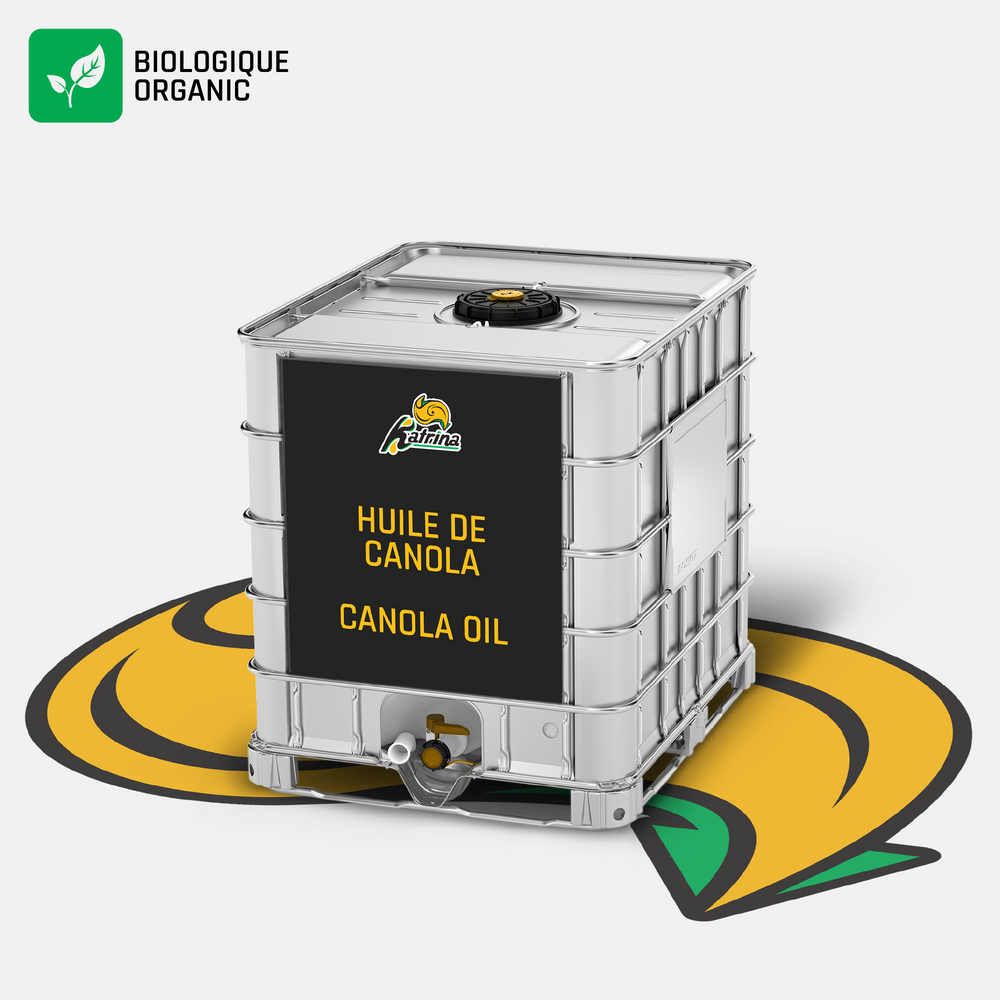What Is Avocado Oil’s Smoke Point?
Avocado oil is considered a high smoke point oil, with a smoke point range of about 270°C to 271°C (518°F to 520°F).
As you can see via Google Trends, this type of vegetable oil has gained a lot of popularity throughout the years, primarily because of the high smoke point and the potential health benefits. Let’s go over why avocado oil’s smoke point is making it increasingly popular, and what it means for restaurants, food manufacturers, and home cooks alike.
What is a Smoke Point?
A “smoke point” or burning point refers to the temperature at which an oil begins to break down and produce visible smoke. This breakdown not only affects the oil's flavour but can also lead to the formation of harmful compounds, such as acrolein and free radicals, which may have negative health implications.
Avocado Oil's High Smoke Point
Avocado oil boasts one of the highest smoke points among cooking oils, ranging from 270°C to 271°C (518°F to 520°F) for refined avocado oil. This exceptionally high smoke point makes it an excellent choice for high-temperature cooking methods such as searing, stir-frying, and deep-frying.
The high smoke point of avocado oil is primarily due to its composition, which includes a high proportion of monounsaturated fats and lower levels of polyunsaturated fats. Monounsaturated fats are more stable at high temperatures, reducing the likelihood of oxidation and breakdown.
You can see how avocado oil’s smoke point stacks up against other oils in our chart or our guide:

Factors Affecting Smoke Point
Several factors can affect the smoke point of avocado oil, including:
- Storage Conditions: Exposure to light, heat, and air can degrade the oil.
- Age of the Oil: Older oils tend to have lower smoke points.
- Impurities: Poorly refined oils may have a lower smoke point.
Proper storage in a cool, dark place and using high-quality oil can help maintain its high smoke point.
Refined vs. Extra Virgin Avocado Oil
It's important to note that the smoke point can vary depending on whether you're using refined or extra virgin avocado oil, and can vary even more depending on the source:
| Smoke Point | Flavour | |
| Refined Avocado Oil | 270 °C (518 °F) | Neutral |
| Extra Virgin Avocado Oil | 249 °C (480 °F) | Richer, more pronounced |
While both types have relatively high smoke points, refined avocado oil is generally preferred for very high-temperature cooking applications.
Health Benefits of Cooking with Avocado Oil
Another reason why more and more recipes are considering avocado oil is due to its significant health benefits. It's rich in oleic acid, a monounsaturated fat known for its heart-health benefits, and contains antioxidants such as vitamin E, which may remain stable during cooking. Its nutritional profile supports cardiovascular health and contributes to overall well-being.
Frequently Asked Questions
Is avocado oil good for high-heat cooking?
Yes, avocado oil is excellent for high-heat cooking due to its high smoke point and stable composition. It's one of the best oils available for high-temperature cooking methods.
Does extra virgin avocado oil have a high smoke point?
While extra virgin avocado oil has a slightly lower smoke point (249°C/480°F) than refined avocado oil, it still maintains a relatively high smoke point compared to many other cooking oils.
Conclusion
Avocado oil's high smoke point and health benefits make it a top choice for high-heat cooking. By understanding its properties and proper usage, you can enhance your culinary creations while maintaining safety and flavour.












